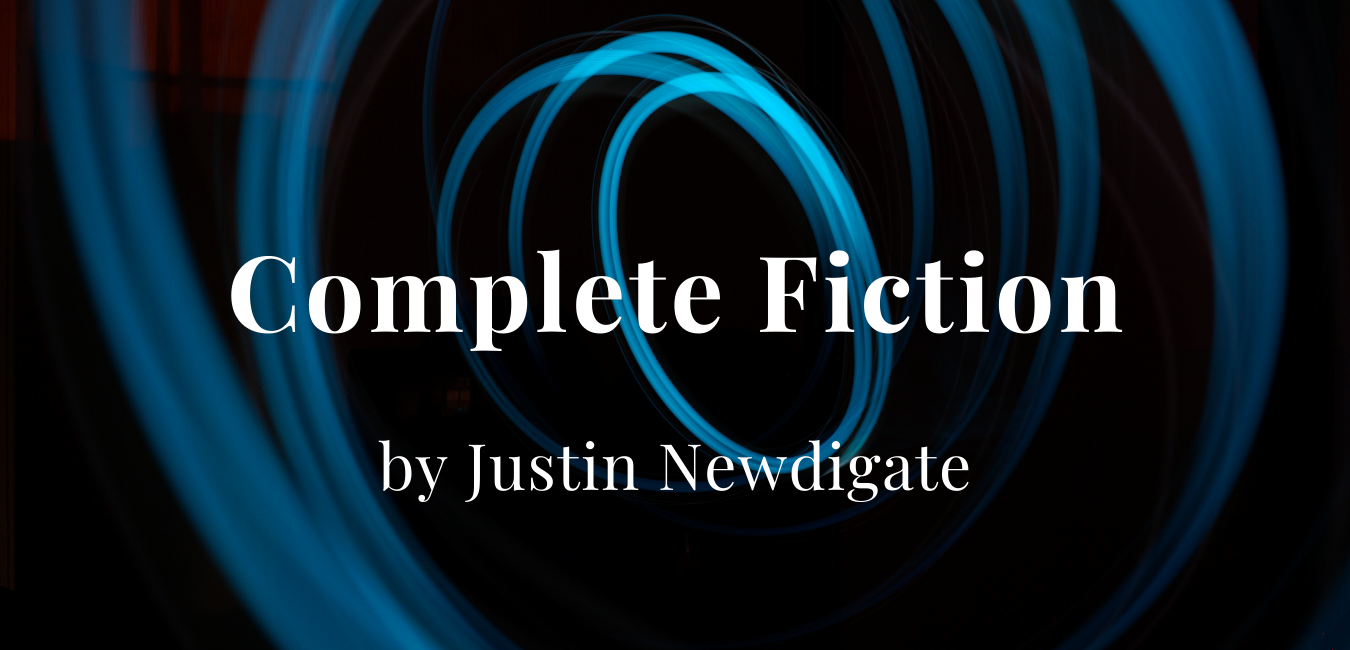“I can’t sell fourth quartile,” said David Winney, the firm’s head of business development. He wiped the palm of his hand on the top of the meeting table, leaving a slight trace of moisture on its smooth surface. “It’s just not possible.”
On the opposite side of the table sat Leo Solay, chief investment officer, his reading glasses pushed onto the top of his bald head. “Look, Dave,” he said, “We’re just a bit out of sync with the market at the moment. Let’s not lose it here.”
“Wait a minute,” said Winney. “You do understand that the clients are losing patience? The redemption notices are picking up. This is going to put the business at risk.”
Solay picked up the aircon remote-control off the table and punched a few buttons. “We need to keep our cool,” he said, pulling down his glasses and squinting at the remote. “We’ve got a few positions that are just taking a little longer to play out.”
“We don’t have time,” said Winney. “If it carries on like this much longer, it’s game over. I’m out of a job. We all are.”
“Calm down, man”, said Solay, slapping the remote down onto the table. “This is the nature of active management. Our clients pay us to generate alpha. And you don’t get alpha without occasional pain.”
“That’s all fine on paper, but in the real world we’re losing assets.” Winney licked his lips. “Our clients are taking too much pain. You have to stop lagging so much. Just get in the bunch. At least that I can defend.”
“How many times have I explained our process?” said Solay. “You can’t outperform by hugging an index. By definition. You’re suggesting we aim for mediocrity?”
“Well, mediocre would be a whole lot better than bottom of the pile.” Winney stood up and looked out of the window, the dark Venetian blinds throwing horizontal shadows across his face. “I wouldn’t have to field all this unnecessary hostility.”
“Listen,” said Solay, his eyes on Winney’s back. “Our objective here is to produce outperformance over time. The only way to do this is by accepting that we will go through uncomfortable patches. As soon as we optimise for comfort, we’ve chosen to not serve our clients’ interests.”
Winney turned and stood with the sunlight behind him. “Tell me how you think we’re serving our clients’ interests. They don’t seem to agree, they’re voting with their money.”
Solay exhaled audibly. “The quality of our book is your responsibility. If you choose to chase after hot money when we’re top quartile, then you must live with the consequences when performance cools.”
“Oh, this is my responsibility?” said Winney in a tight voice. “You’re the hot-shot fund manager. You’re supposed to perform and you’re not.”
“My responsibility, Dave” said Solay, slowly, “is to design our investment process in a way that makes it probable that we can generate alpha. And then to stick to that process, especially when things get tough. That’s where we are now. Tough.”
“And what am I supposed to do?” said Winney, sitting back down at the table. “I can’t just…”
“Just stop bleating, man.” Solay hunched forward. “Get out there and keep telling our story. Our clients buy a team, they buy a process, and they buy our discipline. That’s what they pay for and that’s what they’re getting.”
“Yes, but they don’t pay for this kind of pain. You’ve got to change the way you do things, or this whole show will come to an end.”
“What you’re suggesting,” said Solay, screwing up his eyes at Winney, “is just plain immoral. You’re actually saying that investment returns are less important than asset gathering. Our interests rank ahead of our clients’? That’s unethical.”
“This is a business first. It just happens to be about investing,” said Winney. “If the clients leave and the business goes under, there is no investing. It’s not unethical to care about the business, it’s practical. You investment guys need to join the real world.”
“It’s my fiduciary duty to put our clients’ interests first. Which I do by investing for long-term outperformance. I will not be lectured by you on ethics, and certainly not on investing.”
“You can drop that superior tone,” said Winney, reddening around the throat. “You think you’re safe, don’t you? Well, our new CEO is not exactly thrilled by your performance, either. We both think there needs to be a change.”
“We?” said Solay. “She’s only been here a month and already it’s ‘we’?”
“And if you won’t change your process to get your performance up, then there’ll have to be other changes, won’t there?”
“You’re threatening me? You? My team won’t take kindly to that.”
“You and your team are not the geniuses you think you are. A dart-throwing monkey would have done better.”
“I will not be spoken to like that by a mere salesman.”
Winney laughed. “You’ll change that attitude when my promotion is announced.”
Solay stared at Winney.
“Oh, you didn’t know?” said Winney, breezily. “Deputy CEO, old boy. I’ll be tasked with shaking things up a bit, and I think I know where to start.”
Reflection
- What tensions get your attention?
- How might these have arisen?
- What would you advise now?



Leave A Comment